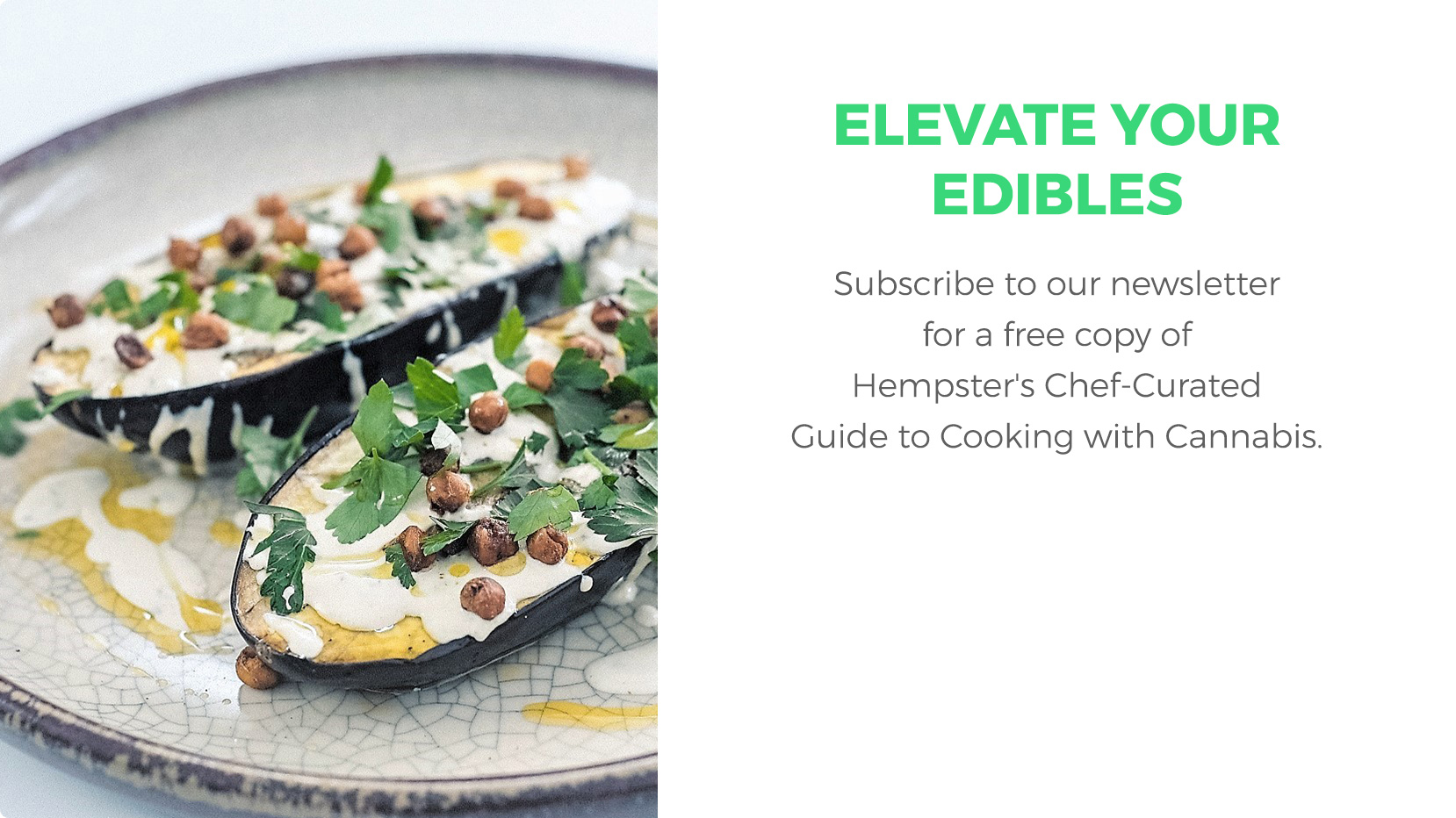Is Cannabis a Safe Treatment for Postpartum Depression?
Dana* had dealt with anxiety and depression before, and in the third trimester of her second pregnancy, the low mood, self-criticism, exhaustion and despair returned. When her son was born, it got worse. She felt emotionally distant from her newborn, she felt guilt, her mood was erratic, and she couldn’t shake an overwhelming sense of sadness and failure as a mother.
“At the height of my anxiety and depression two months postpartum, I was having a panic attack every week and then crashing emotionally into an overwhelming sense of despair,” says Dana. “My panic attacks started with a period of anger, lack of consecutive sleep and getting on a thought loop that got out of control and eventually caused shortness of breath, hysterical and heaving crying, physical convulsion, and feelings of desperation and being trapped.”
Dana was prescribed 50 mg a day of Zoloft or Sertraline and attended eight weeks of group therapy. She was also prescribed Cambian to combat her migraines.
In the beginning, the treatment plan worked wonders. “By eight months postpartum, I was much more productive in my life,” she says. “Unfortunately, I was still experiencing migraines and felt as though the antidepressants acted as a hindrance, dampening my emotions and preventing me from fully engaging with my life.”
It was then that Dana knew she had to seek an alternative treatment plan.
Postpartum depression
Postpartum depression (PPD) is a mood disorder that affects new parents, typically mothers, though dads can suffer from it as well. It doesn’t have a single cause, but is usually attributed to chemical changes in the mother’s brain, combined with sleep deprivation. According to the Canadian Psychological Association, up to 10 per cent of mothers living in developed countries experience clinically significant PPD. Pharmaceutical antidepressants deemed safe for breastfeeding are common treatments.
PPD and cannabis
More and more mothers affected by postpartum depression are turning to medical cannabis to ease their symptoms. Dr. Mandeep Singh, a psychiatrist with Toronto’s Apollo Cannabis Clinics, regularly works with patients suffering from PPD.
“I started recommending cannabis about a year ago,” says Dr. Singh. “Many of my patients with anxiety and depression were using cannabis to self-medicate. I wanted to educate myself on how and why it might work for psychological conditions. I realized that if my patients were not responding well to pharmaceuticals, for example, they should have the option to try medical cannabis instead.”
Though anecdotal evidence is in large supply, few studies have been conducted regarding PPD and cannabis. A 2015 study from the University of Buffalo’s Research Institute on Addictions found that chronic stress reduced the production of endocannabinoids in animal models studied, leading to depression-like behaviour. This would seem to suggest that components of cannabis can alleviate these symptoms.
“We’ve seen that in general, patients with anxiety respond really well to using medical cannabis, especially products that are richer in CBD,” says Dr. Singh. “And for patients with depression, we have certainly seen encouraging results on how medical cannabis can elevate their mood and help with related symptoms, such as energy levels.”
The elephant in the room, the effect of medical cannabis on breastfeeding babies, has not yet been researched enough. However, some studies have shown that even pharmaceuticals deemed safe for breastfeeding babies are not without risks and potential side effects. A major concern regarding medical cannabis is the risk of the newborn ingesting THC, cannabis’ psychoactive ingredient. Of course, CBD-only treatment options are available. That being said, it’s important to discuss your health and concerns with a qualified professional, who can help you with starting a medical cannabis treatment plan.
“Medical cannabis should be treated just like any other prescription medication,” says Dr. Singh. “In the context of raising children, this means that an individual shouldn’t be abusing it and must be a fully functioning parent when using their medicine. But what’s really encouraging is that we’ve seen how individuals can actually become better parents when they’re using medical cannabis properly and appropriately, because they’re getting relief from their symptoms.”
For Dana, medical cannabis has been a godsend, dramatically improving her quality of life postpartum.
“My son is now 14 months old and since starting my cannabis treatment plan, I have been 100 per cent migraine free and am no longer on antidepressants,” she says. “My quality of life improved dramatically and I live my life with a sense of resilience, determination, fulfillment and joy. I no longer feel vulnerable or emotionally distant from my partner, children, friends and family; instead I feel more present and grounded than ever, ready to share my experiences and hope to make a difference in the lives of other women who suffer alone, much like I once did.”
*Dana requested she be identified by her first name only.
Interested in exploring your medical cannabis options for depression or other conditions? Book a free online consultation with a prescriber or call 1-888-671-8022 with your questions.

